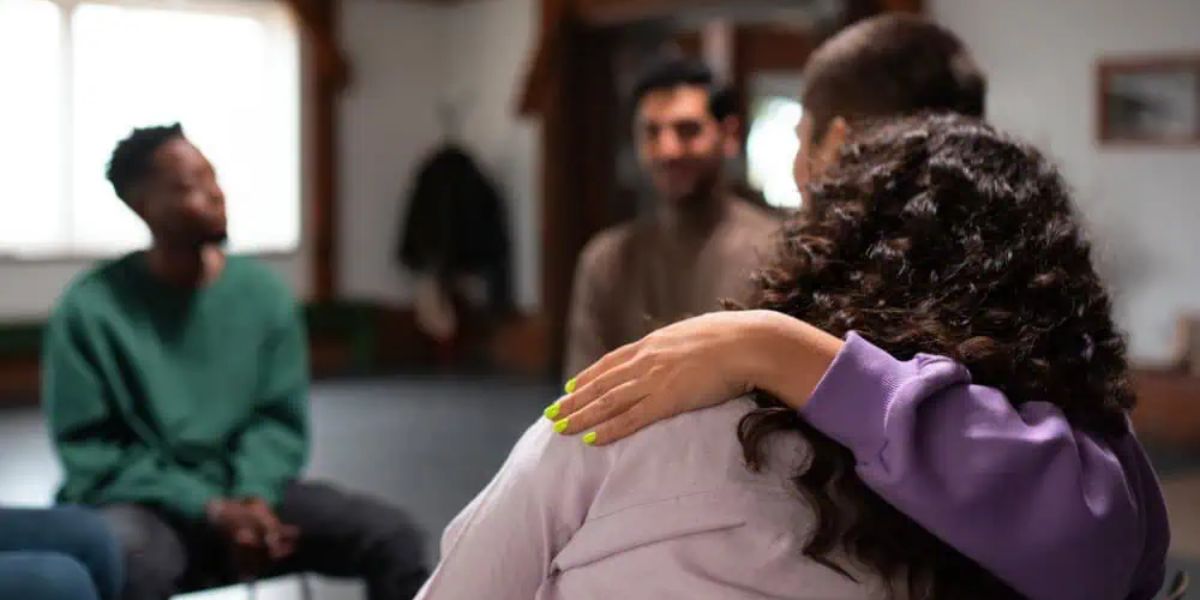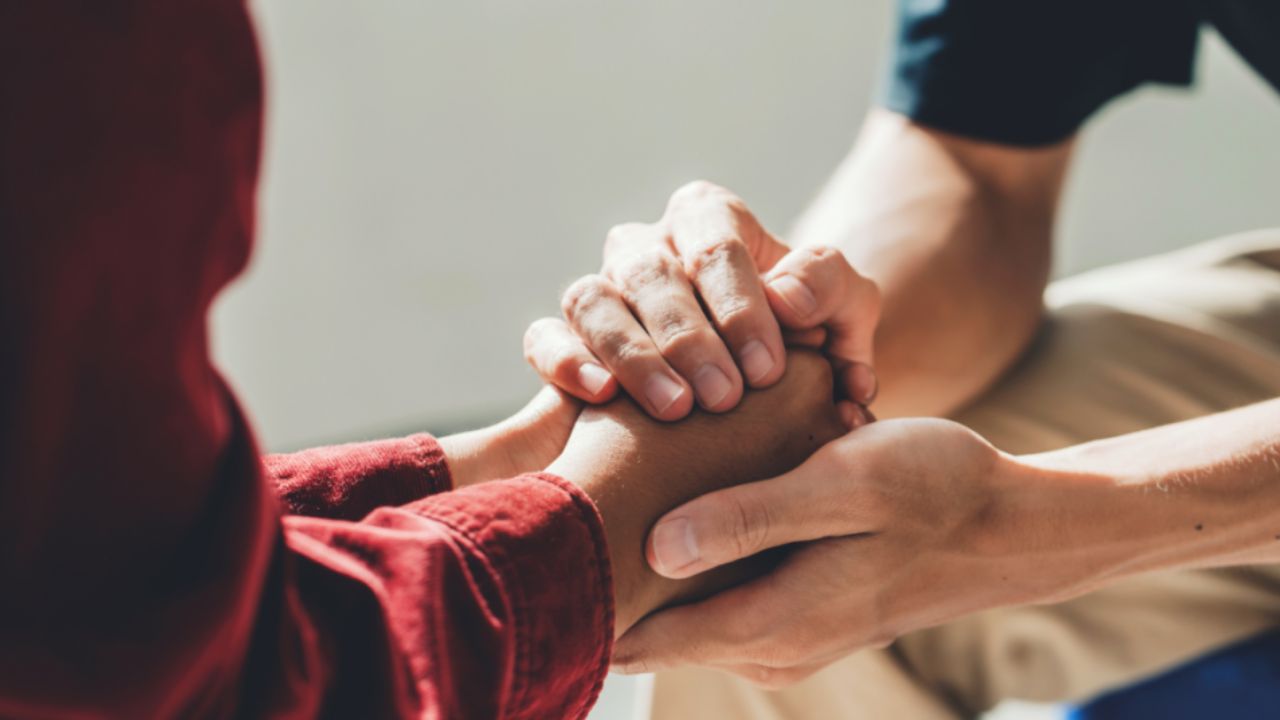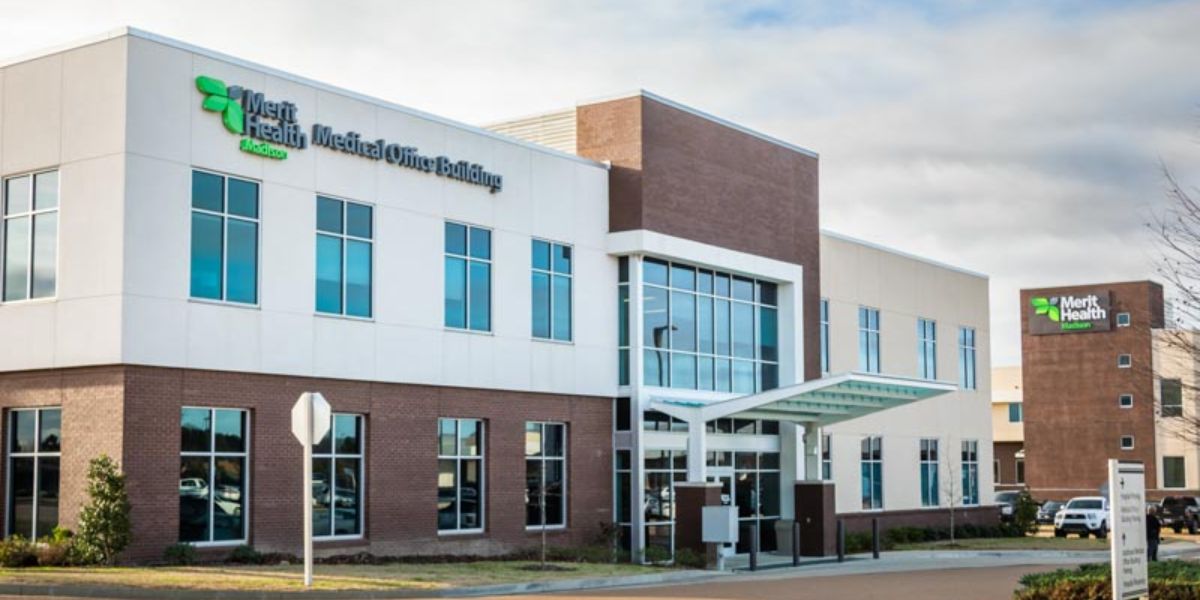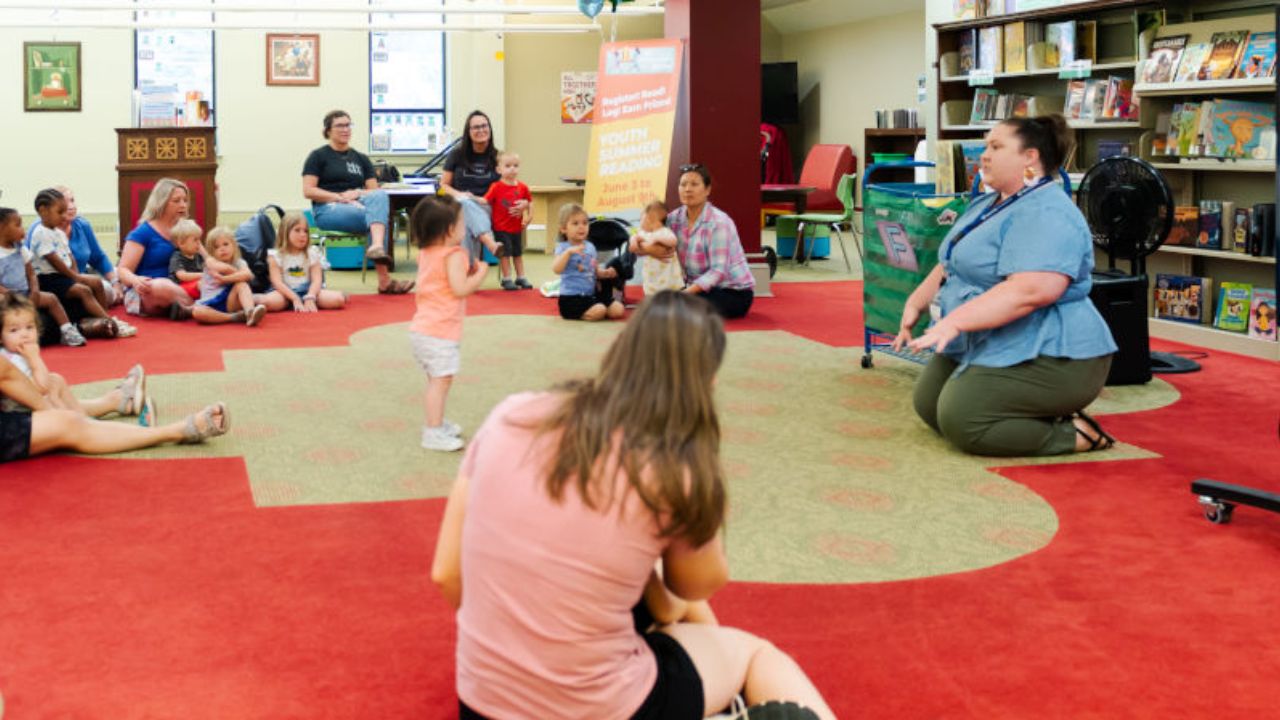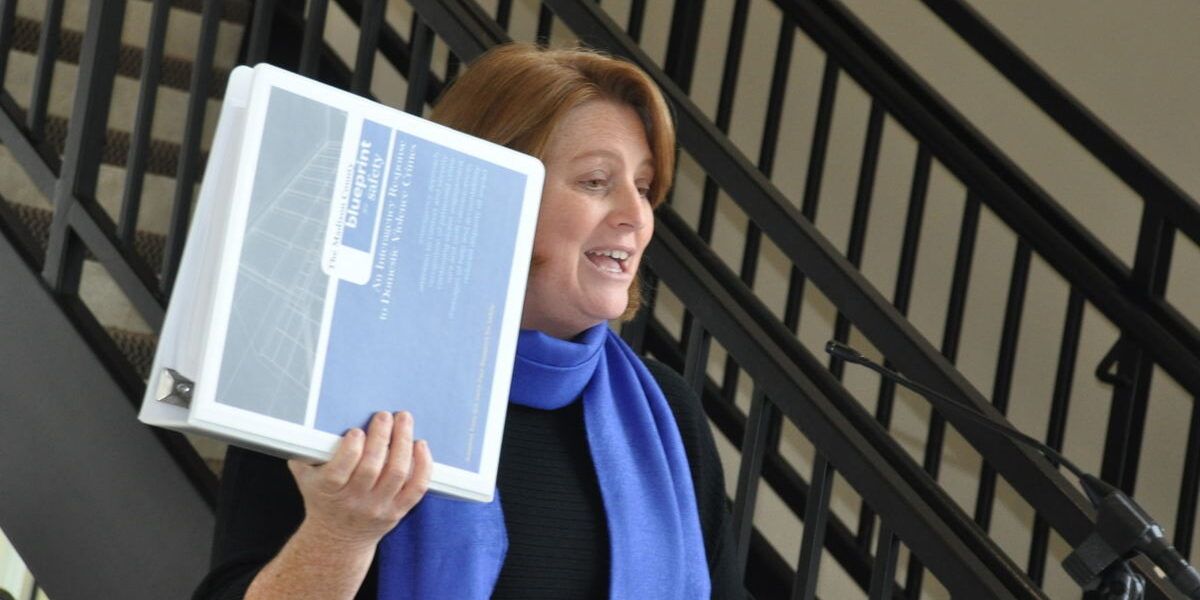Madison County, Indiana, is home to a variety of services designed to support individuals and families dealing with addiction. One of the key pillars of recovery in the community is the involvement of family programs, which play a critical role in the healing process. These programs offer a combination of emotional support, education, and practical tools to help families cope with addiction and support their loved ones in recovery. In this article, we explore how Madison County’s family programs are making a difference in addiction recovery.
The Role of Family Programs in Addiction Recovery
Addiction doesn’t only affect the individual; it impacts entire families. Family members often find themselves struggling with feelings of guilt, confusion, and helplessness. Addiction recovery, therefore, isn’t just about the person in treatment; it’s about the family dynamic and how everyone can work together to heal.
Table of Contents
Madison County recognizes this and has developed family programs that focus on strengthening family systems, improving communication, and providing the necessary support to ensure that families are not left behind during recovery. These programs aim to empower family members with the tools they need to create a stable, healthy environment that supports lasting recovery.
Educational Workshops for Families
Education is one of the foundational aspects of Madison County’s family programs. Many families in the area may not fully understand the nature of addiction, how it affects the brain, or how recovery works. The first step toward healing is education, and Madison County offers workshops designed to teach families about the addiction process, the challenges of recovery, and how they can support their loved ones effectively.
These workshops often cover topics such as:
- Understanding Addiction: The science behind addiction, including how substances affect the brain and behavior.
- Communication Skills: How to communicate effectively with someone in recovery, promoting healthy and open conversations.
- Setting Boundaries: The importance of setting healthy boundaries to ensure both the person in recovery and the family members maintain their well-being.
- Self-Care for Families: The importance of self-care for family members who are also impacted by their loved one’s addiction.
Family Therapy and Support Groups
In addition to educational workshops, family therapy plays an essential role in Madison County’s approach to addiction recovery. Therapy allows families to address issues such as enabling behaviors, codependency, and emotional trauma that may have developed over time. A licensed family therapist helps facilitate these discussions in a safe, structured environment.
Family support groups are also available for those who are supporting a loved one through addiction recovery. These groups provide a space where family members can share their experiences, learn from others, and receive support from peers who understand what they are going through. Knowing that others are facing similar challenges can be incredibly comforting and empowering.
Encouraging Family Involvement in the Recovery Process
In Madison County, there’s a strong emphasis on involving the family in the recovery process from the very beginning. Addiction recovery is often seen as a team effort, where the individual in recovery is supported not just by their counselors, but also by their family members. Programs encourage family members to participate in treatment planning and attend counseling sessions together.
By encouraging families to be part of the recovery process, Madison County ensures that the person in recovery doesn’t have to face the journey alone. This collaborative approach helps create a sense of unity and strengthens the commitment to recovery. When families are involved, recovery becomes a shared responsibility, and the likelihood of sustained success increases.
Addressing the Emotional and Psychological Impact of Addiction
Addiction affects everyone in the family, often in profound and lasting ways. Madison County’s family programs are designed to help family members address the emotional and psychological toll that addiction takes on their lives. This includes providing therapy and counseling to help family members process feelings of anger, sadness, and betrayal that may have accumulated over time.
Family members often experience a sense of loss, confusion, and isolation, which can prevent them from fully engaging in the recovery process. Programs in Madison County offer resources to help families navigate these emotions in a healthy way. This psychological support is crucial for fostering healing and creating a stronger, more connected family unit.
Resources for Long-Term Support
Recovery doesn’t end once treatment is completed. For long-term success, individuals and families need ongoing support. Madison County offers various resources that families can turn to even after their loved one has completed formal treatment. These resources include continued access to therapy, peer support groups, and community events that focus on maintaining recovery.
By ensuring that families have access to long-term support, Madison County helps create a sustainable recovery environment. This ongoing care is vital for preventing relapse and ensuring that families continue to grow and heal together.
Conclusion
Family programs are a vital part of Madison County’s approach to supporting addiction recovery. These programs offer education, emotional support, and practical tools for families to navigate the challenges of recovery together. By focusing on strengthening family systems, improving communication, and providing long-term resources, Madison County ensures that individuals in recovery are not alone on their journey. If you or someone you love is struggling with addiction, the family programs in Madison County provide an invaluable resource for healing and support.
Call to Action:
If you’re looking for support or more information on how Madison County’s family programs can help, reach out to local recovery centers or contact your primary care provider today. Recovery is possible, and you don’t have to go through it alone. Share your experiences or ask questions in the comments below!

